This essay was originally published in Raising Mothers. I am re-sharing it now because Christmas has historically been a time of racial and religious pressure for my family. I am so grateful for the space we live in now, well away from neighbors who are willing to assault my children to get their political point across.
Space, for my family, means freedom. It is our great, American dream. We now have four acres of partially wooded land with a house set in the middle. We can see our nearest neighbor’s house, but we’d be put out to shout loud enough to communicate with them. It will be a trek to borrow a cup of sugar. The smallest lot adjacent to ours is two acres wide. There isn’t going to be much talk over the fence. That is fine by me.
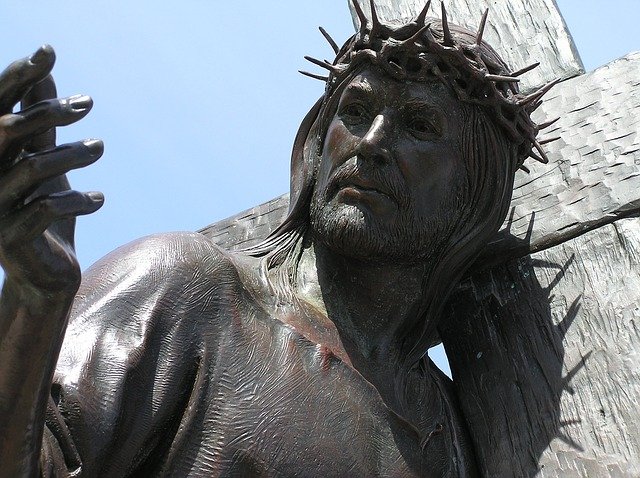
I am over having neighbors. It happened suddenly the day Mr. White* next door took hold of my son while shaking a saw and shouting, “He needs to know his mother is wrong!” He did this after shaking the naked blade at me, face pinking up with his own importance.
It was a fiery, Trump-induced speech in which I learned that Black men are violent because they don’t have fathers (he knew this because he’d lived in Chicago, he said), all Muslims are terrorists, and Trump will be the best presidential choice because, wait for it, he will be ineffective, unable to pass any laws and will keep the Arabs and Muslims out. That last part, Mr. White delivered with a gentle smile and a nod at me. “With respect to your origins,” he said.
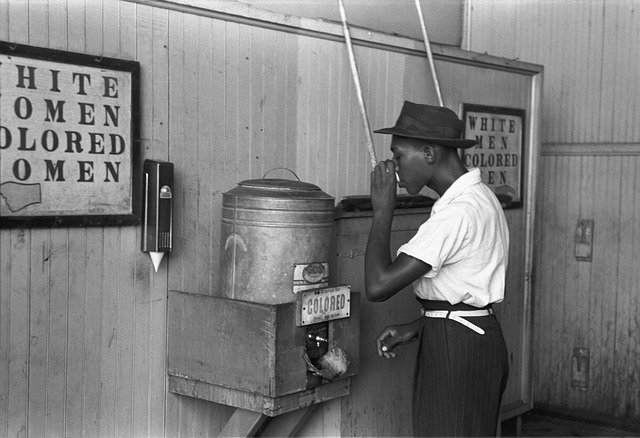
My origins.
My dad is an Arab, Muslim immigrant-turned-refugee. He came to the United States in search of an education and got stuck here when the Lebanese Civil War erupted shortly after his arrival. Those are the origins Mr. White wanted to respect.
I gaped at him. I argued. I told him I was offended. That’s when he grabbed my son in a tactic I am long familiar with—if the parent can’t be saved, save the child. And he proceeded to attempt forcible indoctrination.
“He needs to know his mother is wrong.”
Um, no.
I wasn’t having it. I extricated my child, gave Mr. White my very best soothe-the-white-man smile, and marched back into my home where I promptly slid to the floor and cried. My son held me, his small body shuddering in fear for his grandfather, his mother, and himself.
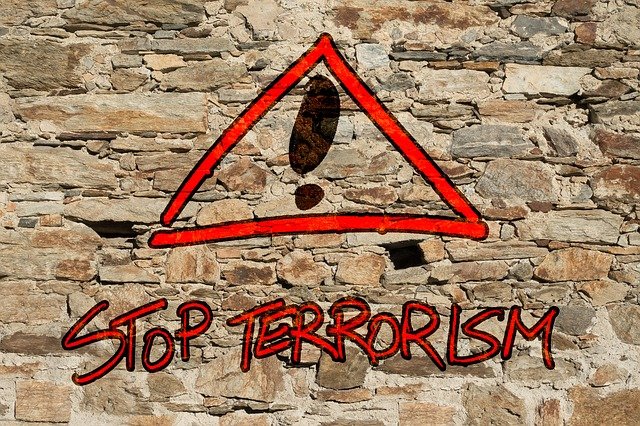
It wasn’t long after that my son asked me, “Will they know I’m not white?” He is autistic, prone to meltdowns accompanied by scripted threats in response to often misperceived danger. We’d talked about how he’s getting bigger, there are rules at school about how he can be touched, why and when, and that a major meltdown could result in the police being called to intervene. He also wanted to know if police officers usually pull guns on children.
I found myself unable to comfort him. What words do you use when your child’s safety at home has been shattered to the point he doubts his entire world?
What words do you use when your neighbor has assaulted your child and the reason you didn’t call the police is because your aren’t sure whether they will side with the white man in the dispute, or whether they will protect the woman and her child.
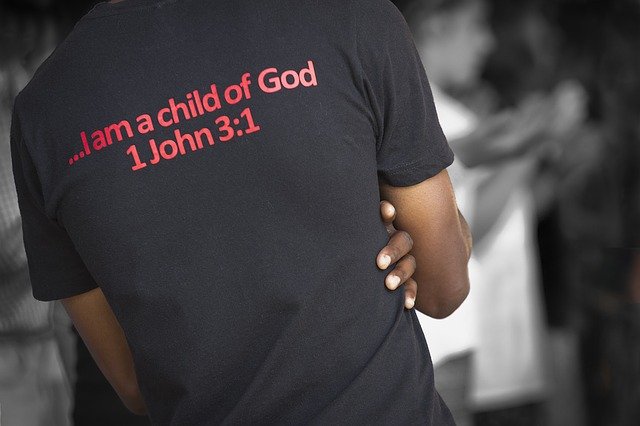
Mr. White based his conservativism on his faith in Jesus, so why didn't he believe this?
I stroked my son’s hair and kicked his question down the road. “You don’t need to worry about that.”
He wanted to know if our neighbor was a bad man.
“He certainly has some bad ideas. He should not have touched you.”
“You yelled at him.”
“Yes. I did.”
Being vilified based on race or religion isn’t new to me. I grew up in Arkansas and Oklahoma. The KKK was a presence in my life, as were self-described well-meaning Christians who worked with an incredible dedication at arresting my soul from the path of hellfire. I had a permanent slot on the to-be-saved roster everywhere I lived until my mid-teens. Every now and then I find myself back on that roster. A well-meaning older man will enter my life, perhaps by moving next door, and he will comment on my big, brown, exotic eyes and ask me leading questions about Islam. He will eat the Lebanese food I cook, ask to borrow a Qur’an so he can, you know, determine for himself if what the media says is true, then invite me to church, immediately turning his focus to my children when I politely decline.

As a rule, I don’t practice lawn politics. I rarely engage in written politics despite identity, racism and survivorship being mainstays of my publication portfolio. I have historically refrained for reasons of personal safety. Exposing my intersectional identity has made me an online target more than once and even more often on land. I don’t want that for my children. In fact, had I imagined a world in which a U.S. government would be elected that ran on a platform of anti-Muslim hate, who would openly, illegally discriminate against those who share my origins—I doubt I would have written under my own name. Why?
I passed as white when I was younger. This was prior to Facebook and publications and citations. Even if I wanted to pass today, I no longer have the option online. Honestly, that has been the most frightening part of a Trump election; it brought me back into the focus I’ve tried to stay away from. In the last month, I was invited to read based on the religious intersection of my identity, I’ve had my personal writing cited in multiple publications on the effects of 9/ll on Muslims in America, I was accosted by trolls on Facebook, I was interviewed by a young refugee in Canada on my U.S. experience, and (former) friends and important community members (i.e. people I work with and need to trust) have confessed their support for Trump and excused his actions. I’m fortunate that allies are always checking in with me to make certain I’m safe.
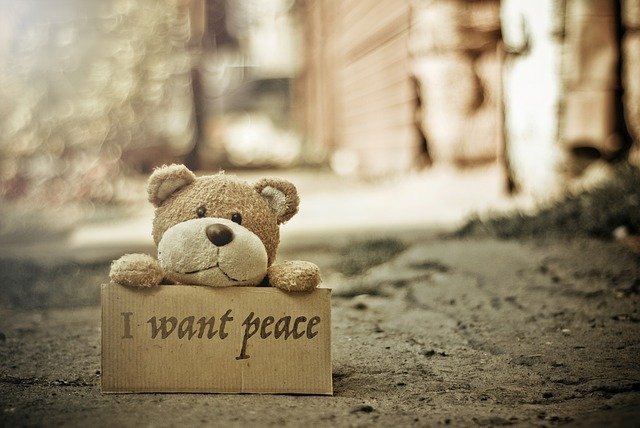
I’m exposed. That means my children are exposed.
So, when a property came up for sale that had all the things my family needed to feel safe from the prying eyes, unsheathed blades, vocal bigotry and grabbing hands of neighbors, we leapt. This was one area of our life we could control.
And when the Whites saw the truck in our driveway and wished us well? I grinned, said thank you, and did not share our new address.
